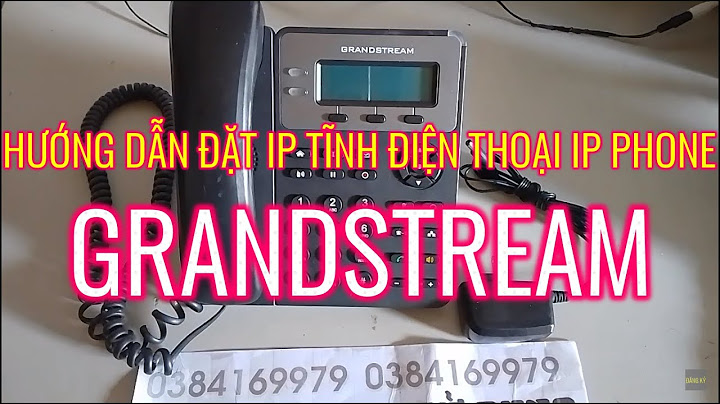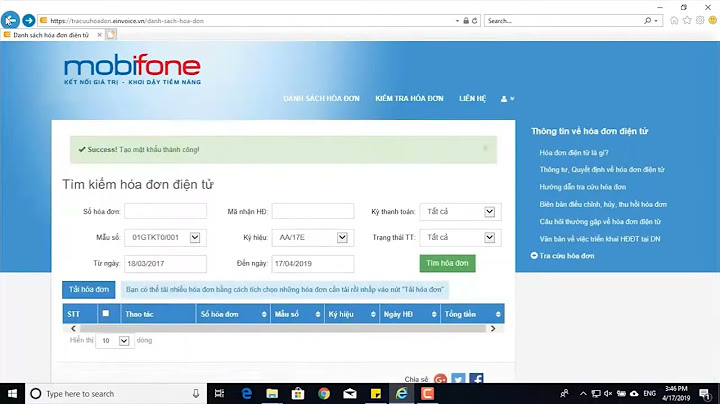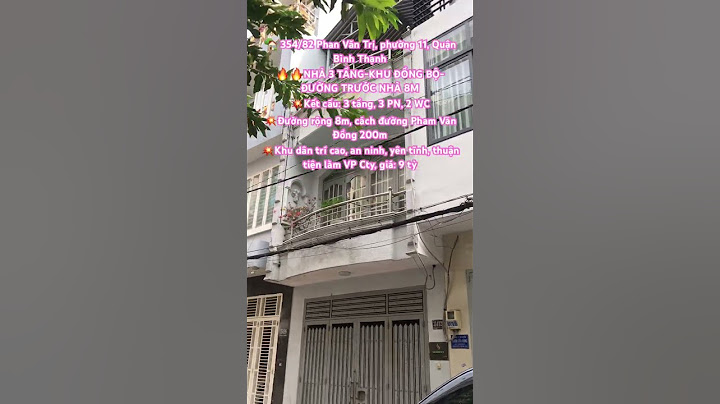English[edit]
Symbol[edit]â - (lexicography) An element of the âr, a dictionary transcription for the vowel
Albanian[edit]
Pronunciation[edit]
Verb[edit]â - Gheg form of
French[edit]
Letter[edit]â (lower case, upper case ) - the letter a with circumflex, used in French spelling, representing the phoneme /ɑ/
Jarai[edit]
Pronunciation[edit]
Letter[edit]â (upper case ) - The third letter of the Jarai alphabet, written in the Latin script.
Jersey Dutch[edit]
Pronunciation[edit]
- (phoneme): IPA(key): /ɔː/
Letter[edit]â - A letter of the Jersey Dutch alphabet, written in the Latin script.
Namuyi[edit]
Pronunciation[edit]
Pronoun[edit]â - we
Synonyms[edit]
Neapolitan[edit]
Etymology[edit]Compare Italian . Contraction[edit]â (used with feminine singular nouns) - Contraction of (“to the”).
[edit]
Portuguese[edit]
Etymology[edit]The letter a with a circumflex. Pronunciation[edit]
- IPA(key): /ɐ/, [ɐ], [ɜ], [ə]
- (preceding coda ‘n’ or ‘m’) IPA(key): /ɐ̃/, [ɐ̃], [ɜ̃], [ə̃]
- Always stressed.
Letter[edit]â - a letter "a" which is stressed and close
Contraction[edit]â - Obsolete spelling of
Romanian[edit]
Pronunciation[edit]
Letter[edit]â (lower case, upper case ) - The third letter of the Romanian alphabet, called or î din a and written in the Latin script.
Usage notes[edit]
See also[edit]
- (Latin-script letters) , , â, , , , , , , , , , , , , , , , , , , , , , , , , , , ,
Sicilian[edit]
Article[edit]â f sg (plural ) - (definite article, spoken only) the, colloquial form of
Preposition[edit]â - Contraction of (“to the”).
See also[edit]Sicilian articles Masculine Feminine indefinite singular, definite singular, , âdefinite plural, , Skolt Sami[edit]
Pronunciation[edit]
Letter[edit]â (upper case ) - The second letter of the Skolt Sami alphabet, written in the Latin script.
See also[edit]
- (Latin-script letters) ; , â, , , , , , , , , , , , , , , , , , , , , , , , , , , , , , , , , , ,
Turkish[edit]
Letter[edit]â (lower case, upper case ) - The letter of the Turkish alphabet, called â and written in the Latin script.
Usage notes[edit]Not specified in the alphabet, but used officially to mark the palatalized consonant in the same syllable or distinguish long vowels if long vowel is distinguishing factor. – /cɑɾ/, – /ɟɑˈvuɾ/ (“amount”) – /ɑˈdet/, (“tradition”) – /ɑːˈdet/ See also[edit]
- (Latin-script letters) ; , , , , , , , , , , , , , , , , , , , , , , , , , , , ,
Vietnamese[edit]
Pronunciation[edit]
Letter[edit]â (upper case ) - The third letter of the Vietnamese alphabet, written in the Latin script.
See also[edit]
- ( letters) ; ( , , , , ), ( , , , , ), â ( , , , , ), , ( ), , , ( , , , , ), ( , , , , ), ( , ), , ( , , , , ), ( ), , , ( , , ), ( , , , , ), ( , , , , ), ( , , , , ), ( ), ( ), , , ( , ), ( , , , , ), ( , , , , ), , , ( , , , , )
Walloon[edit]
Pronunciation[edit]
Letter[edit]â (upper case ) - A letter of the Walloon alphabet, written in the Latin script..
Welsh[edit]
Etymology 1[edit]In origin a specialised prepositional use of (“and”). (The distinction in spelling and pronunciation between the two prevocalic forms and is artificial.) Alternative forms[edit]
Pronunciation[edit]
The circumflex is used to distinguish the word from (“and”) rather than to indicate vowel length. Preposition[edit]â - with
- (instrumental) with, by means of
Usage notes[edit]
- In formal language, â triggers the aspirate mutation, but colloquially this is usually absent unless in certain set phrases. Before vowels, is used instead, but often it remains â colloquially.
- In the colloquial language â meaning “with” is mostly used after specific verbs, such as (“meet”) or (“visit”). The synonyms or are used more generally.
- Note especially the forms (“take”, literally “go with”) and (“bring”, literally “come with”). Compare:
- Es i â fy mam at y meddyg. ― I took my mother to the doctor. [I transported her]
- Es i gyda fy mam at y meddyg. ― I went with my mother to the doctor. [she accompanied me]
Inflection[edit]No personal inflections. See also[edit]
Conjunction[edit]â - as (in equative constructions ...â, ...â) mor hen â phechod ei hun ― as old as sin itself
Usage notes[edit]
- In formal language, â triggers the aspirate mutation, but colloquially this is usually absent unless in certain set phrases. Before vowels, is used instead, but it often remains â colloquially.
See also[edit]
Etymology 2[edit]Proto-Celtic *ageti Pronunciation[edit]
Verb[edit]â - () / of
Synonyms[edit]
- (colloquial)
- (colloquial)
- eiff (colloquial)
Etymology 3[edit]
Pronunciation[edit]
- (phoneme): IPA(key): /ˈaː/
Letter[edit]â (upper case ) - The letter A, marked for its long stressed pronunciation, either in a monosyllabic word or in the final syllable of a polysyllabic word.
References[edit]
- J. Thomas, G. A. Bevan, P. J. Donovan, A. Hawke et al., editors (1950–present), “â”, in Geiriadur Prifysgol Cymru Online (in Welsh), University of Wales Centre for Advanced Welsh & Celtic Studies
|




















